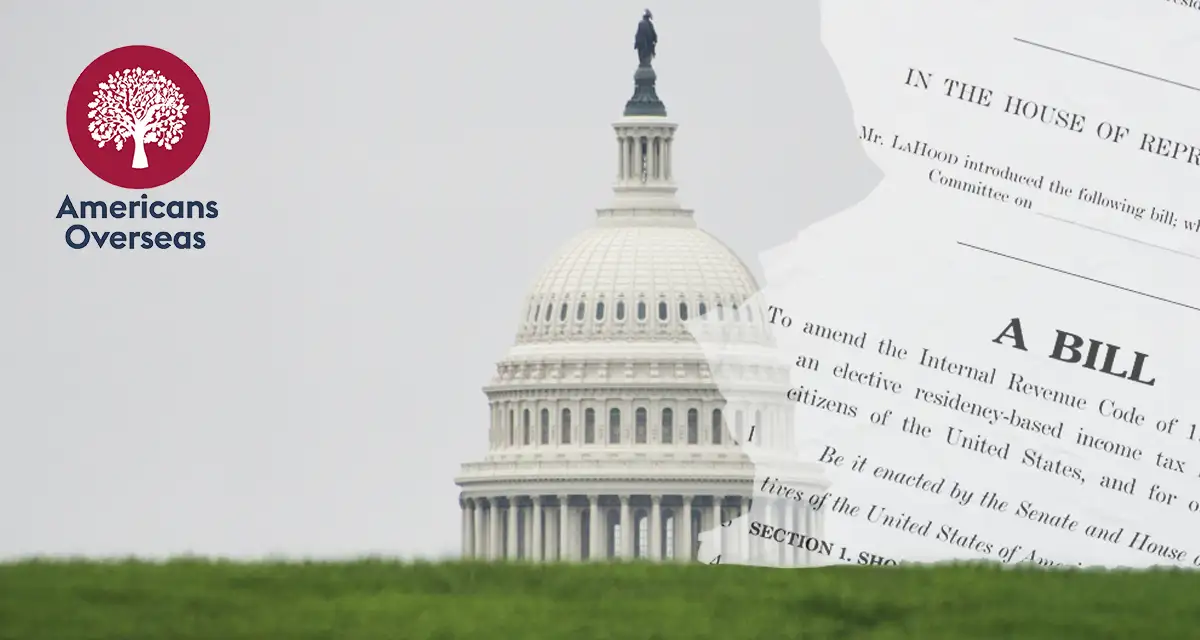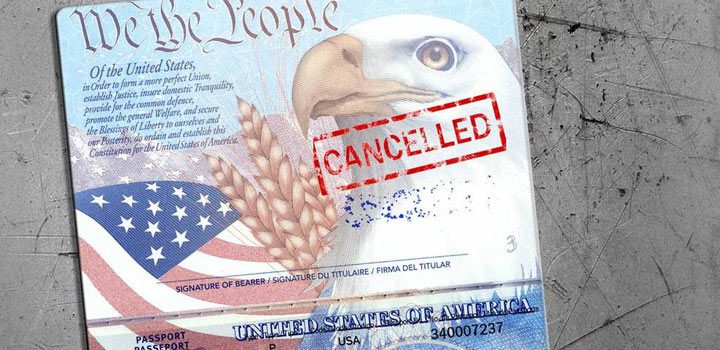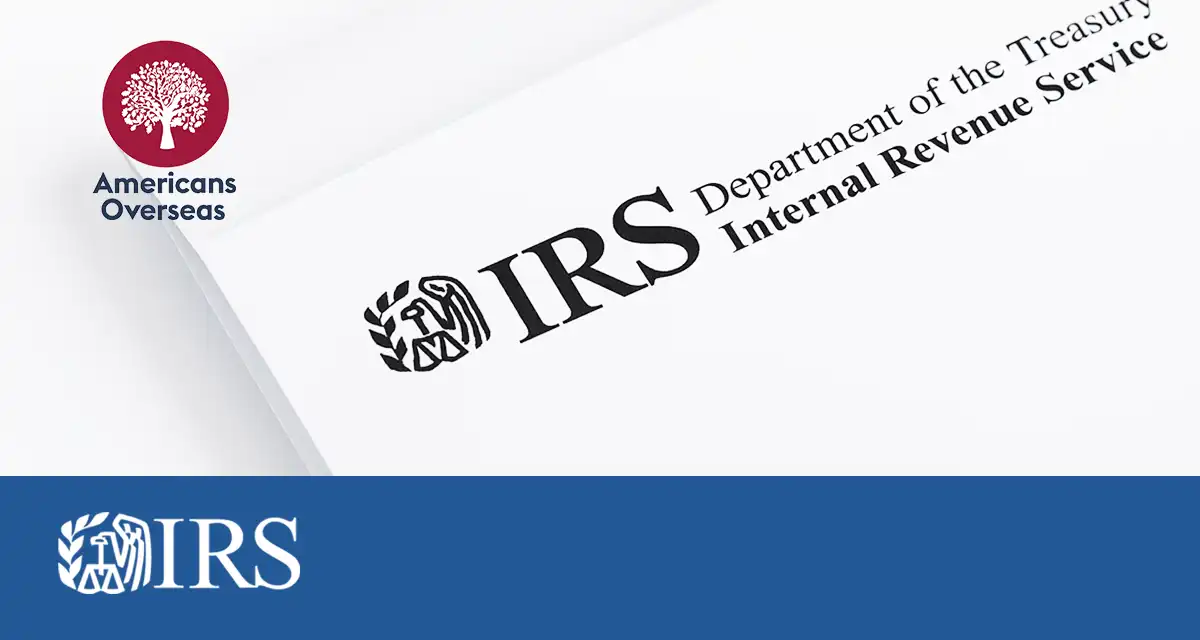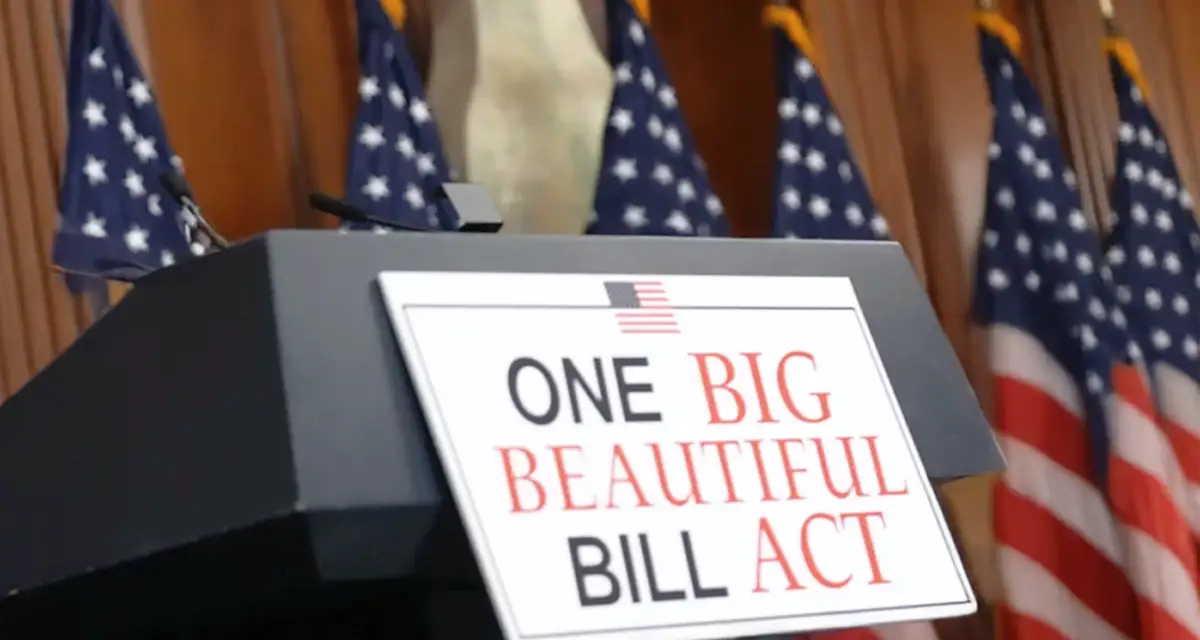
‘To renounce, or not to renounce, that is the question’

For several years, I’ve been thinking about giving up my American citizenship. This is not an act of disloyalty or of protest. I feel an emotional attachment to the United States that anyone who grew up there would understand. The reason I’ve considered giving it up is purely practical and has to do with taxes.
Giving up US passport
As an expatriate American, I’m required to file and pay taxes because the US taxes worldwide income, although the first $97,600 (it goes up each year) that I earn is exempted. As a teacher, I’ll never earn that much… I pay an accountant to do it and so resent that expense because of its pointlessness. So, once I gained Dutch citizenship, thoughts of giving up my US citizenship centered on these pointless forms.
FBAR
The last straw was the new “FBAR” form. Expatriate Americans are required to file a list with every account that has their name on it, along with the highest balance each account carried in that tax year. I object for three reasons:
• It’s none of their damn business how much money my husband and I have in which accounts.
• Dutch accounts don’t show a running balance, so I end up having to sit down with a calculator and do a year’s worth of arithmetic
• What’s the point? How does knowing the highest balance on my accounts help when you don’t know what that money was for? (We bought a house last year so our active accounts had very high amounts for about a day.)
I got serious about giving up citizenship. The idea of never having to fill out all these forms again (or pay someone through the nose to do it for me) made it worth it. But now, the US has raised the price. Americans had to pay $450 to renounce, which is ridiculous already. Just this year, the price was quietly raised to $2,350!
According to Yahoo News, the price rise might be an attempt to crack down on US citizens who are “hiding their wealth overseas.” It is also a response to increased renunciations of citizenship due to – surprise! – the onerous FBAR form.
I don’t have any great wealth to hide. I just don’t want to fill out those forms anymore. There are no real practical advantages to keeping my US citizenship; only inconveniences.
Expats with moderate incomes
The US isn’t earning any tax payments from expats with moderate incomes, like me. The purpose of making its citizens report worldwide income is to raise tax revenue from wealthy expats. These wealthy expats are the ones who can afford to pay the $2350 fee, which is probably significantly less than their tax bill, would be.
The end result: is lower tax revenues from expats, and a whole lot of angry expats who want to give up citizenship. Has Congress really thought this through?
- Rachel Heller lives in Groningen and comes from Connecticut originally. She’s lived here long enough to feel like it’s home—‘most of the time, at least’ , she says. Her husband, Albert, is Dutch, which brought her here. She has two kids: a daughter who is studying graphic design in the US, and a son who’s in the equivalent of 11th grade. She spends most of her time teaching (English and American Studies at a teacher-training college), but right now is on sabbatical. Up till today, Rachel has kept her U.S. passport.
Get informed at Americans Overseas
We, the founders of Americans Overseas, were born in the Netherlands and obtained our American nationality through our (American) mother.
When we heard about the US tax system for the first time around 2013, we were in total disbelief (it can’t be true!), anger (how can they do this?), fear (am I going to get fined or pick up other problems?), and panic (what should I do?). It is (unfortunately) true that there is an additional American tax levy. But there’s no information from the local government, and when approached, the consulate referred us to the IRS, and the IRS was impenetrable.
That’s why we started this initiative to help people from all over the world by providing proper information about the US tax system to avoid unnecessary panic and offering help free of obligation and free of charge. If needed, we have a network of affordable professionals (accountants) who can help you with your American tax obligations.
Frequently asked questions
Understanding the US tax system, the obligations, and all the additional terms can be difficult. Especially if one lives outside of America. Is your question not answered? Contact us.
-
Who is required to file taxes in the US?
U.S. citizens and resident aliens who live abroad are generally required to file a federal income tax return and pay taxes on their worldwide income.
Read more... about Who is required to file taxes in the US? -
Do US citizens living abroad still have to file taxes in the US?
Yes, US citizens are required to file taxes on their worldwide income, regardless of where they are living.
Read more... about Do US citizens living abroad still have to file taxes in the US? -
How can I cash my US check?
Received an American check? You can cash your check in the following ways: cash the check at your own bank, transfer to another person (endorsement), cash checks using an online service or cash the check by another bank.
Read more... about How can I cash my US check? -
Are there any special tax forms required for US citizens living abroad?
US citizens living abroad may be required to file Form 2555 and/or Form 1116 to claim the foreign-earned income exclusion.
Read more... about Are there any special tax forms required for US citizens living abroad? -
What is FBAR filing?
FBAR (Foreign Bank Account Report) filing is the requirement for certain U.S. individuals and entities to report their foreign financial accounts to the Financial Crimes Enforcement Network (FinCEN) of the U.S. Department of Treasury. The FBAR filing requirement applies to U.S. persons who have a financial interest in, or signature authority over, one or more foreign financial accounts if the aggregate value of those accounts exceeds $10,000 at any time during the calendar year.
Read more... about What is FBAR filing?





